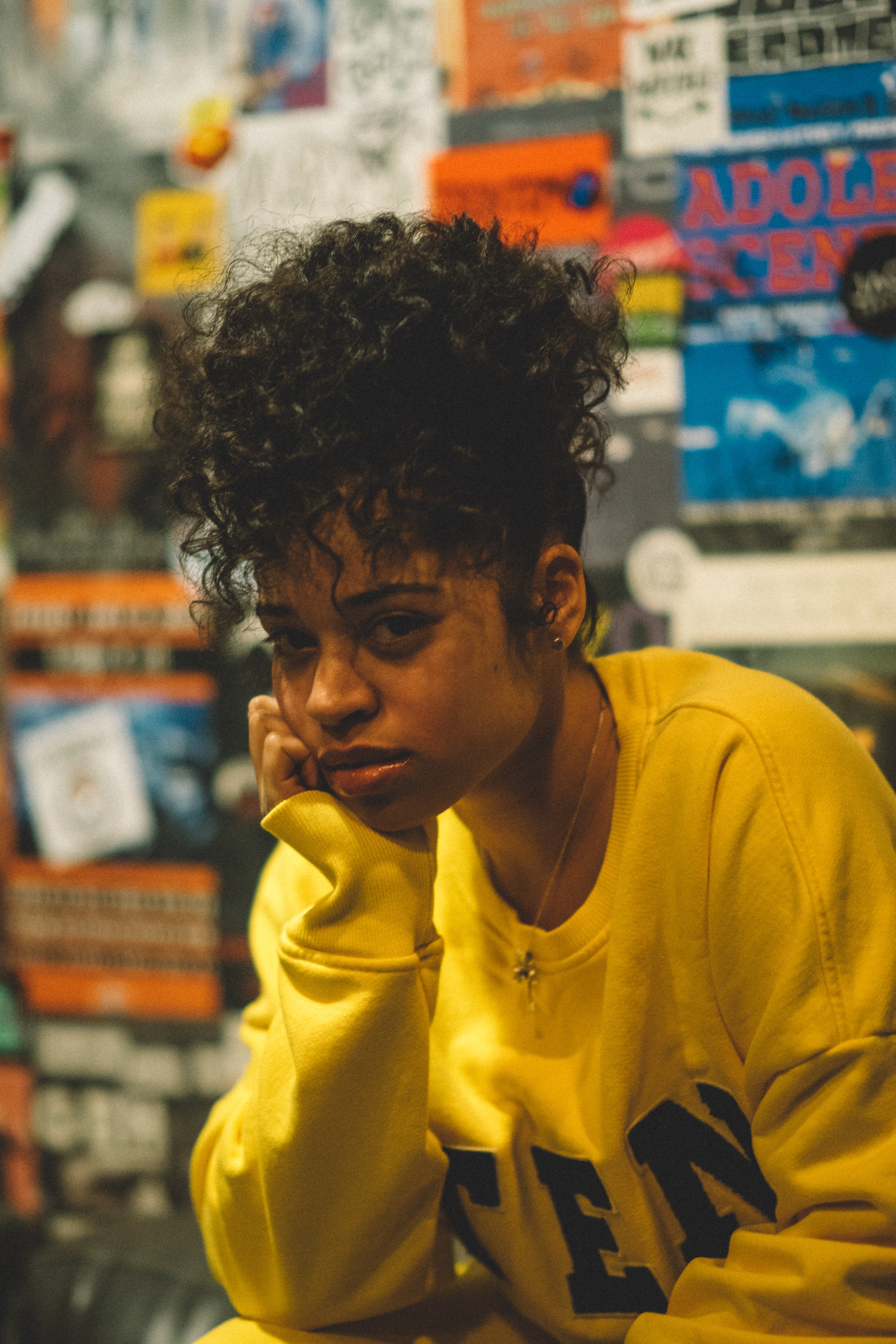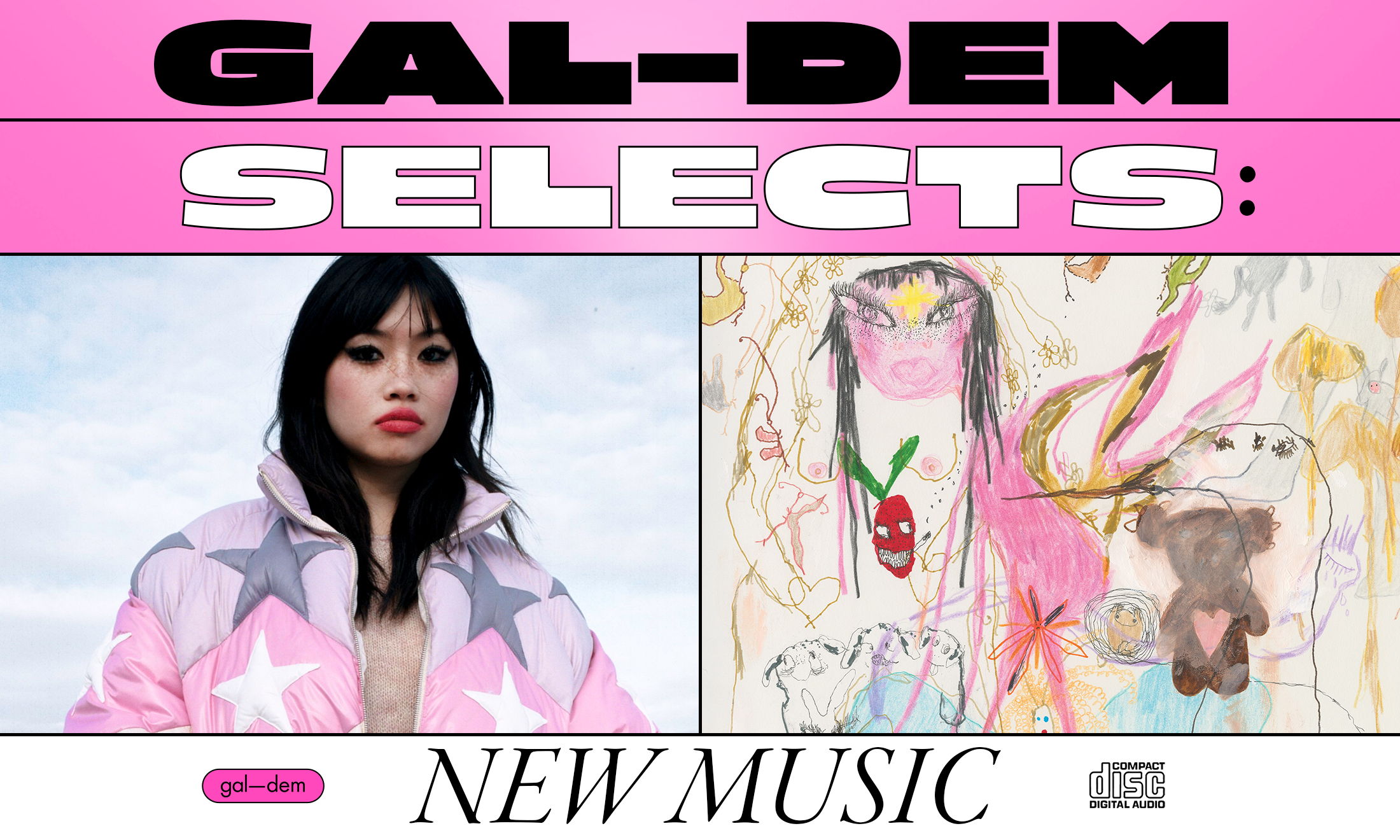
“r&b was never dead. thanks for coming to my ted talk.” What seems like a simple and funny tweet from singer-songwriter Ella Mai, sent days after the launch of her self-titled debut album, quickly brings focus to her own new release that sits firmly within the realms of R&B.
The genre may not have been dead, but it was definitely in need of the jolt that Mai’s presence has provided for it over the past few months. Since her single ‘Boo’d Up’ became an unsuspecting hit, Mai has emerged as one of 2018’s artists to watch. Released as the lead single from her extended play, READY, ‘Boo’d Up’ is a sleekly-produced Netflix & Chill anthem infused with just enough early 90s nostalgia to not feel like it’s trying to be too millennial for its own good.
The infectious earworm propelled Mai into the spotlight, but it wouldn’t be fair to call her an overnight success. She began to build buzz between 2016 and 2017 with a trio of EPs, TIME, CHANGE, and READY under the tutelage of US hitmaker, DJ Mustard. Her tweet not only signalled that she understands the challenge of being the new face of the genre and all that comes with it, but also that she’s willing to take it on. Unfortunately for Mai, her album never quite reaches the point of actually backing her own claim.
The problem with having a single as successful as ‘Boo’d Up’ while recording a debut album is that it inevitably leads to attempts at recreating lightning in a particularly small bottle. The song laid out a blueprint for commercial success and Ella Mai follows it faithfully. The result being a monotonous build up that never quite pays off, with the edge and swagger Mai dripped so effortlessly on her earlier EPs muddled up in the stagnation.
With DJ Mustard serving as executive producer, Ella Mai was supposed to reinforce everything listeners had come to love of Mai via ‘Boo’d Up’, whilst welcoming listeners into the world of its namesake. But the rawness expected of a self-titled debut album is notably missing. On her highly-publicised duet with Chris Brown, ‘Whatchamacallit’, Mai fails to assert herself: Brown is clearly an influence in Mai’s music, but the idol/fan dynamic here actually hinders the song before it builds into the hit it was so clearly intended to be. Instead, it ends up sounding like the lone reject from Brown’s 45-track saga Heartbreak on Full Moon. ‘Everything’ featuring John Legend is a mostly forgettable filler song. On tracks like ‘Good Bad’, ‘Dangerous’, and ‘Run My Mouth’, it’s hard to shake the feeling that they sound more like nods to Rihanna’s Talk That Talk era than the throwback R&B album Mai promised.
To be clear, Ella Mai isn’t a bad album by any stretch – there are some genuine gems. Mai shines on ‘Naked’ – a stripped down (pun intended), defiantly take-me-as-I-am ballad. She’s at her best on ‘Cheap Shot’ and ‘Trip’, playing with the cadence and delivery of her lyrics over stuttering, garage-tinged beats. Even her mediocre songs are still playable, with only one real misstep on ‘Sauce’, a bouncy crooner that falters under the weight of a clunky chorus that shades more comedic than braggadocious. As a whole, it’s a perfectly fine album. But that’s the problem. Mai had the opportunity to take R&B by the reigns and set herself apart, but with all eyes on her, the album emerges as a missed opportunity to deliver something truly special. And not all of that is on Mai.
Taking a wide view of the R&B landscape, the mediocrity of Ella Mai should have been expected: the guaranteed success of simply riding the wave of ‘Boo’d Up’ was likely too hard to pass up on. Risk isn’t always rewarded for women in music who are often confined by the boundaries of the genre. There was no reason for Mai to venture into the realm of FKA Twigs, Kelela or Janelle Monae; artists capable of pushing sonic barriers to near breaking points and delivering critically-acclaimed material, but who ultimately fail to reach bonafide star status because those with disregard for convention are usually forced to exist in the margins.
Even someone with the name recognition and famous connections of Solange struggled to find footing. It took her 14 years, two underperforming albums, and the formation of her own record label to finally hone the funk and establish herself as a star in her own right with A Seat at the Table.
On the other end of the spectrum are artists such as Kehlani and Syd, whose sexuality and physical otherness are potentially at the core of their lack of mainstream success. Syd’s 2017 solo debut, Fin, was one of the purest R&B albums of any of the aforementioned artists and brimmed with radio-friendly material. But somehow, even in this day and age, the scene still wasn’t seem ready to champion an unapologetically queer woman as one of its pillars. Kehlani always appears to be on the verge of parlaying her social media following into a significant commercial breakthrough, yet she’s never had a single reach anywhere near the heights of ‘Boo’d Up’.
There are enough glimpses of Mai’s true potential on Ella Mai to maintain optimism that she could truly become the face of R&B that she believes she can be. Hopefully by the time Mai returns to the studio for album number 2, she will feel less inclined to adhere to any preconceived blueprint or boundaries of the genre, to deliver an album more representative of her own immense talent and personality. And perhaps by then, we as a society will be ready to hear it.








